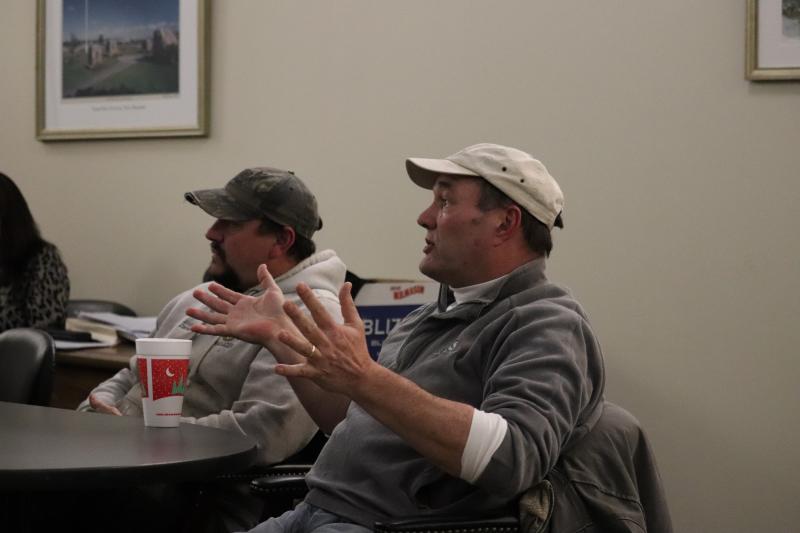Marion Planning Board finalizes controversial solar permit denial
MARION — The Marion Planning Board on Dec. 10 finalized its denial of a 78 Wareham Road solar project, but only after continuing debate about the contentious 3-2 decision.
The board decided to deny the proposal on Dec. 3 after determining it would violate a town bylaw which prohibits the clearing of “large scale” forested areas for the construction of solar panels.
ZPT Energy Solutions, the solar company which submitted the proposal to build an 18 acre solar array in a residential area at 78 Wareham Road, suggested that it would appeal the board’s decision.
The Planning Board met Monday to discuss and conduct a final review of its decision to deny the special permit. Though three members thought that the solar array would not meet town requirements, some board members expressed support for the failed project.
Christopher Collings argued that the project would have provided a large economic and community benefit to the town.
“I’m sorry the decision has come down like this,” said Collings. “I think it’s a miss for the town on a number of levels and it’s not about the solar farm itself, it’s about the opportunities on the other side of town.”
“This board can only make sure that the projects agree with the bylaws,” responded Norm Hills. He suggested that the board needed to put opinion aside to determine whether the solar array fit with the town legislation.
Finance Committee Chair Alan Minard argued that the construction of new residential buildings could bring additional costs to the town, and ultimately be a burden to Marion. As a result, Minard supported the solar project because it would prevent homes being built along Wareham Road.
Board member Eileen Marum argued that “large-scale” should not be the basis of the board’s decision because it is not adequately defined or quantified within the parameters of the bylaw.
Marum stated that the location also should not be considered a “forested area” because it lacks a large density of trees. Other board members disagreed with the assertion, adding that the collection of trees would be considered forested under any definition.
Collings sided with Marum, saying “I don’t think of it as a forested area and I certainly don’t think of it as valuable.”
Following the rejection of the permit, some board members expressed interest in conducting a review of the solar bylaw in question. If they decide to do so, any changes would have to go before Town Meeting voters.















